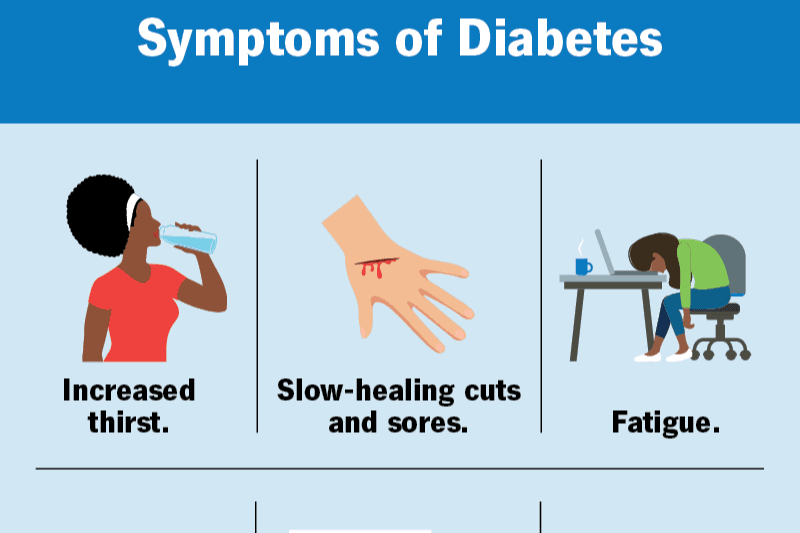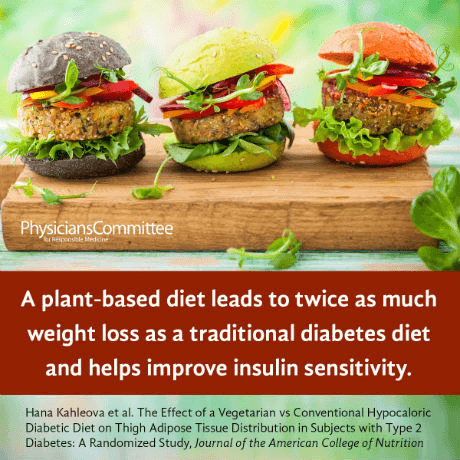Diabetes - Is a whole food plant-based diet good for you?
Paola’s research found that plant-based diets lower blood glucose levels and help control weight. Adopting a plant-based lifestyle even significantly reduced insulin needs for some with type 1 diabetes.

The dangers of diabetes
“Diabetes complications include blindness, amputations, kidney failure and cardiovascular disease, resulting in approximately six years of reduced life expectancy.” - Paola Westbeek, Vegan Academy.
This haunting line in her post emphasizes the dangers of underestimating this disease.
With more commercialized areas expanding as humanity enters its digital age, the amount of diabetic inducing foods in our diets grows. Many are turning away from organically sourced whole foods, be it due to cost, lack of public knowledge, or just convenience.
Diabetes has long been attributed to sweetened food products, with the Mandarin translation roughly meaning “sugary urine disease”. Not something you would want to have!
But how does it affect our body? Medical professionals have long known that diabetes is caused by insulin resistance which leads to a blockage in the body’s ability to manage blood glucose levels. Insulin resistance is caused by fat accumulating in the liver, which results in fat toxicity. So the common misconception that diabetes is caused simply by sweet foods is not entirely true.

The benefits of WFPB diet
A growing body of research indicates that adopting a whole-food, plant-based diet can help promote reduction of type 1 and type 2 diabetes. Here's a summary of what recent studies have found:
Paola Westbeek of The Vegan Academy cites numerous research showing that plant-based diets are effective for managing diabetes by improving insulin sensitivity and reducing inflammation and cholesterol levels. Health experts have found that trans fats, refined sugars, refined carbs, processed red meat and Omega-6 fatty acids are the main culprits of inflammation in the body. These are commonly found in most processed foods today.
Paola’s research found that plant-based diets lower blood glucose levels and help control weight. Adopting a plant-based lifestyle even significantly reduced insulin needs for some with type 1 diabetes.
Meanwhile, a 2022 study published in Medical News Today analyzed health records of 59 diabetes patients following a whole-food, plant-based diet as part of a lifestyle treatment program. Remarkably, 37% of patients achieved full diabetes remission, removing the need for medication for over 3 months. All patients experienced reductions in glucose levels and medication use. The reason for this was attributed to high-fiber foods, which not only slowed down food cravings, but also reduced blood sugar levels.
Forks Over Knives reported on this as well, noting plant-based diets promote remission through lower total energy and fat intake. Eating more low-calorie, high-volume plant foods helped control blood sugar and weight as an added benefit.
A 2021 VegNews article discussed another study finding 37% of 198 diabetes patients achieved remission on a strict plant-based diet, losing significant weight.
Finally, Healio interviewed nutrition experts who said plant-based diets rich in fiber, nutrients and short-chain fatty acids benefit gut and overall health. Focusing on whole grains, beans, nuts, seeds, fruits and vegetables provides essential proteins and nutrients while limiting fat and inflammation linked to diabetes. Gradually increasing portions of these healthy plant foods was found to reverse insulin resistance.
In summary, multiple studies found that whole food plant-based diets can successfully promote remission of type 1 and type 2 diabetes by improving insulin sensitivity, weight and other related health markers. The findings thus far are promising for those suffering from the disease and who wish to embark on a plant-based diet.